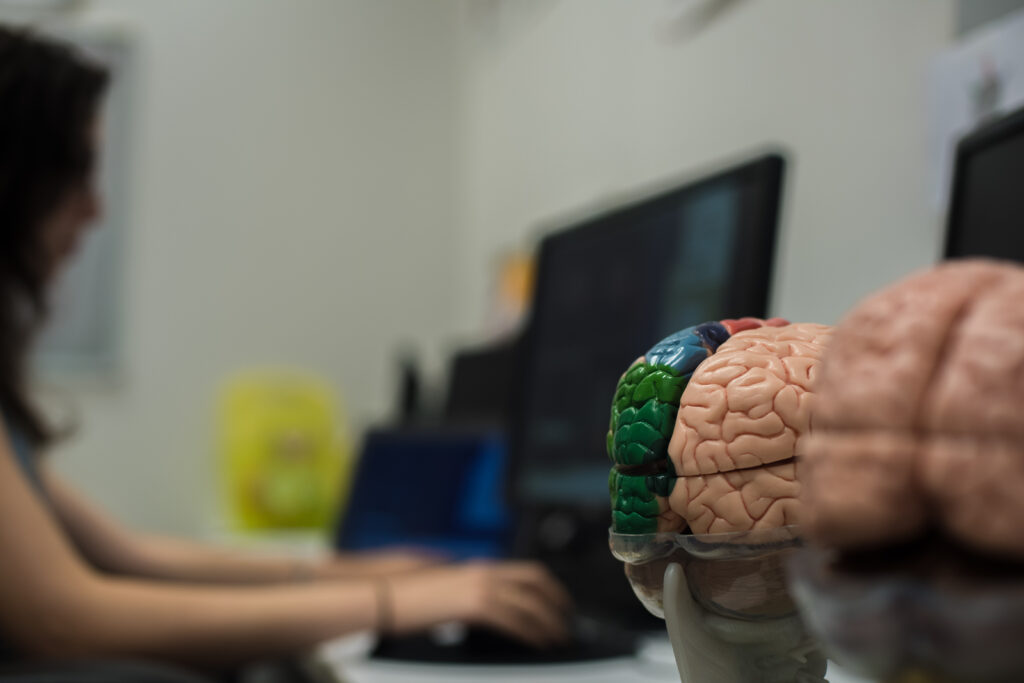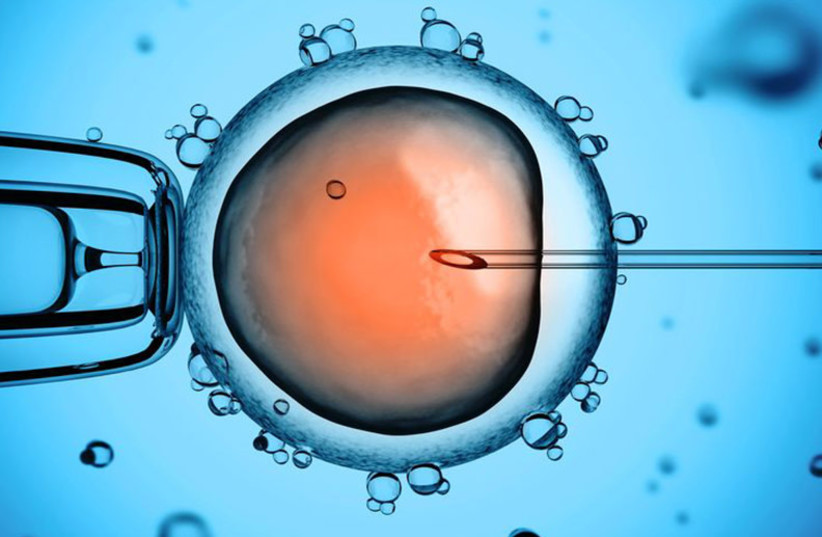
Men Are More Prone to Illness Than Women
Men Are More Prone to Illness Than Women
October 11, 2019
The Jerusalem Post — There is evidence showing that men are more likely to be sick than women, but no one knows why. However, a new study by researchers from Ben-Gurion University of the Negev as part of the global Immunological Genome Project (ImmGen) has sought to answer this puzzling question by comparing the transcriptome of male and female mice immune systems.

Dr. Tal Shay
The study, published in the academic journal Nature Communications, was led by Dr. Tal Shay of BGU’s Department of Life Sciences, and her student Shani Gal-Oz, as well as researchers from ImmGen. Dr. Shay heads the Tal Shay Immunoinformatics Lab at BGU.
The idea for the study was sparked after ImmGen researchers realized their studies focused predominantly on male mice, and made startling discoveries when comparing them to female mice.
While comparing their immune systems, the researchers noticed differences in the macrophages between the genders, with females expressing a few genes at higher levels. When the mice were stimulated with interferon, the differences between the macrophages were even more evident.
It is theorized that this could be behind a stronger female reaction that allows them to fight off infectious diseases and physical trauma more easily and efficiently than males. However, it is also theorized that this could be the reason behind another statistic—greater prevalence of auto-immune diseases in women than men.
“Females might have an innate enhanced potential to withstand immune challenges due to more highly activated innate immune pathways prior to pathogen invasion,” the researchers explain. “This female immune alertness, which makes females less vulnerable to infectious diseases, comes at the price of females being more prone to autoimmune diseases.”
Additional researchers from Harvard Medical School, Icahn School of Medicine at Mount Sinai Hospital, the University of Chicago, Northwestern University, The Hebrew University of Jerusalem, and RIKEN Center for Integrative Medical Sciences of Japan participated in the study.



